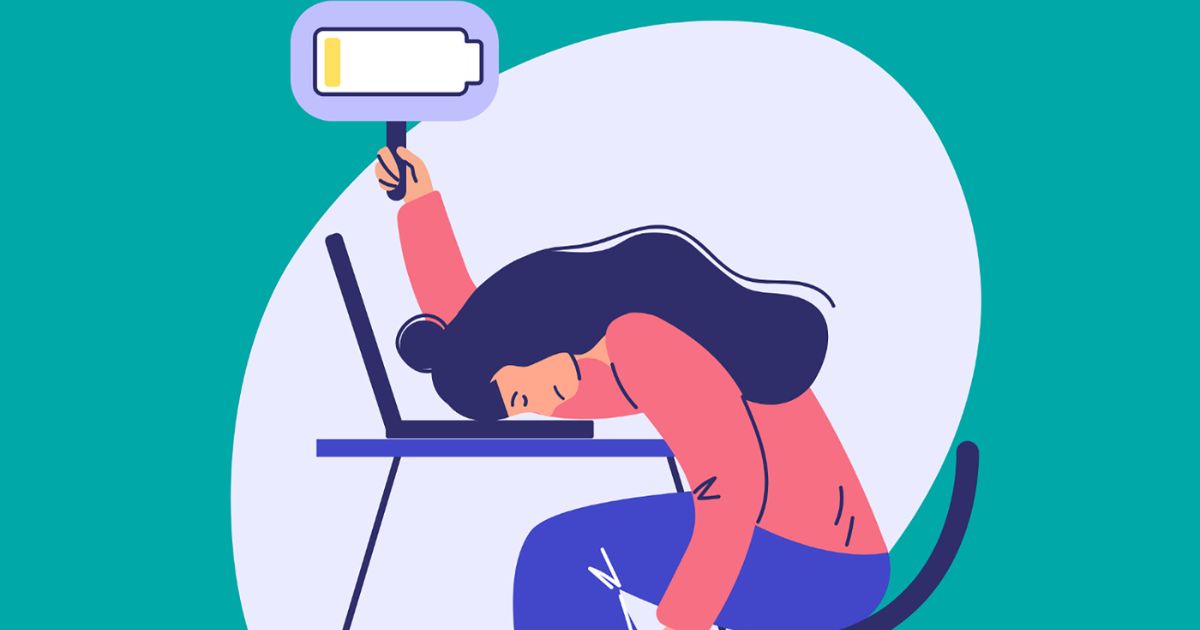Understanding Burnout from Professor Quentin Durand-Moreau
The assistant professor in occupational medicine at the University of Alberta, Quentin Durand-Moreau, gives insight into the omnipresent affliction of burnout at workplaces.
He defines it as a consequence of long-term workplace stress that has three symptoms: fatigue, negative attitude to work and reduced self-efficacy.
Durand-Moreau also surmises that although burnout is not an official medical diagnosis, it shares notable similarities with depression.
In his opinion, this is because about 90 percent of burnout cases meet the diagnostic criteria for depression except for the context under which they occur.
Distinguishing Burnout from Depression
Burnout, as opposed to depression, is analyzed by Durand-Moreau who underlines their distinguishable nature although there are differences arising from environments in which they occur.
Depression encompasses a wider range of subjects including job-related aspects like that, while burnout mainly deals with stress emanating from the workplace only.
This difference highlights the importance of professional help for people with either condition.
Even though they may differ to some extent, still it is important that both cases should be professionally handled to ensure they receive the right support and care.
Prevalence and Evolution of Burnout
Durand-Moreau, however, raises the issue of remote work influence on mental health. This issue has been debated for a long time.
Moreover, there is no consensus among scholars about this problem, as different research studies come to different conclusions.
Meanwhile, age difference, IT proficiency, employment status, place and regional discrepancies are found to have varied relationship with the effects of remote working.
Moreover, Durand-Moreau acknowledges flexibility but also points out its downsides. These problems include obstructed older staff and individuals whose spaces and resources are not enough for them to work appropriately at home.
This aids in a deep comprehension of intricate features concerned with psychological health and well-being.
Root Causes of Burnout
The instructor goes deeply into the significance of extended work hours as being the main cause of burnout.
To support this reasoning, he points out that there are alarming figures obtained from renowned global organizations including the World Health Organization (WHO) and International Labor Organization (ILO).
I believe this is what makes him sound very convincing about the dangers of working long hours highlighted by experts in their research.
Remote Work and Mental Health
As far as its effects on mental health are concerned remote work has become a subject of ongoing debate as Durand-Moreau confirms.
He points to conflicting results in various studies that indicate that remote work may affect people differently depending on age, computer literacy, occupation, or locality peculiarities.
Nevertheless, remote work comes with its own challenges as well such as difficulties for older employees and individuals without adequate space or facilities.
Addressing Burnout: Employer Responsibility
Durand-Moreau underscores the importance of employers in creating healthy workplaces.
It is imperative for organizations to recognize and deal with psychosocial hazards at workplaces that go beyond mere superficial solutions like exercise or mindfulness programs (Durand-Moreau 15).
Consequently, he suggests why these enterprises should make worker wellbeing an integral part of their operational standards.
Seeking Support for Mental Health
Facing the gravity of burnout Durand-Moreau appeals to those who are entangled in mental disorders to consult professionals.
He insists that no job should damage one’s mind, hence early psychiatric aid is crucial for screening and treating cases such as depression, anxiety, and Post Traumatic Stress Disorder (PTSD).
To sum up our discussion with Quentin Durand-Moreau reveals the multi-faceted character of burnout, its relationship with mental health and the need to address it by both individuals themselves and employers.
Thus, highlighting burnout as a major concern in today’s workplaces underlines how mental well-being needs to be protected proactively.


























